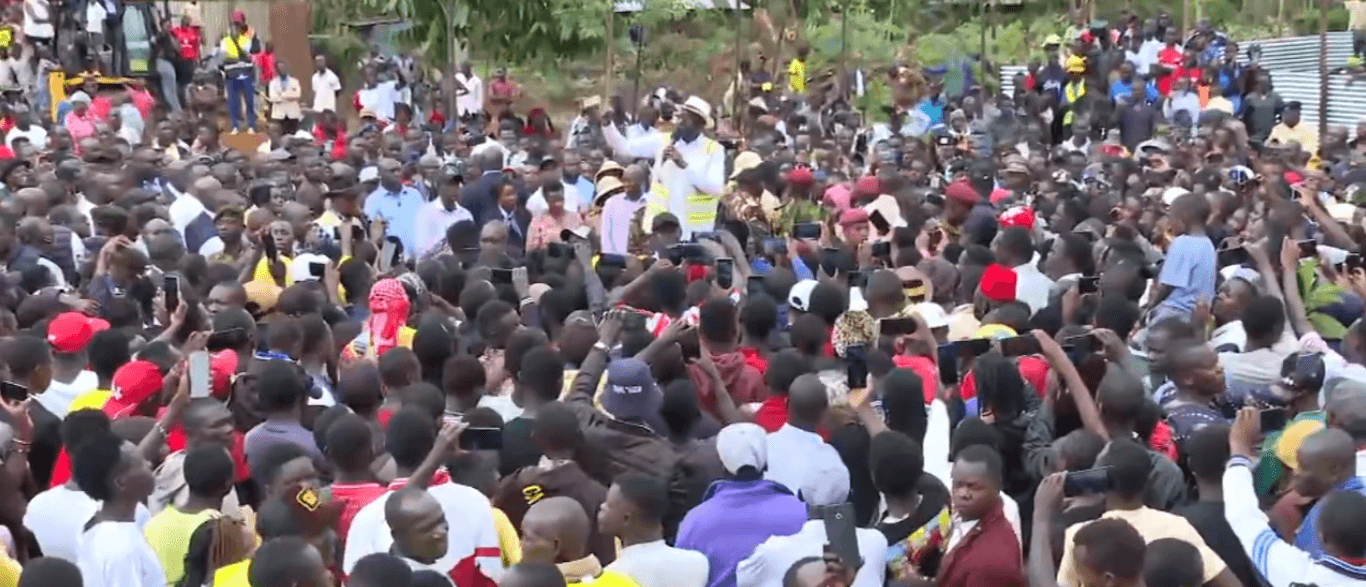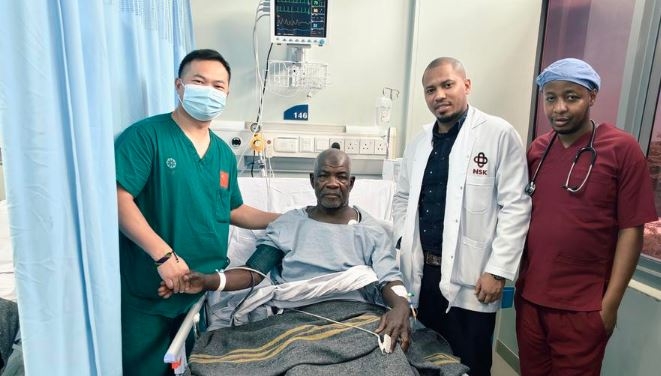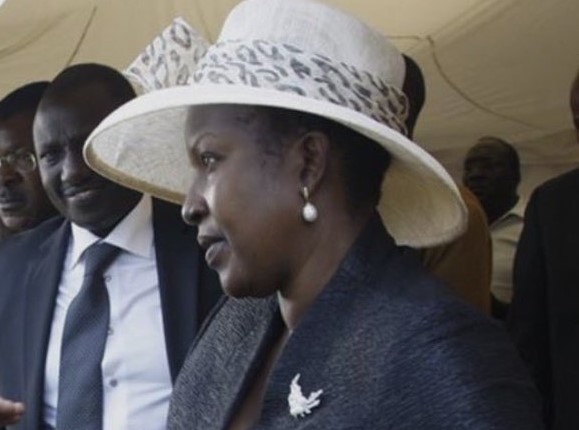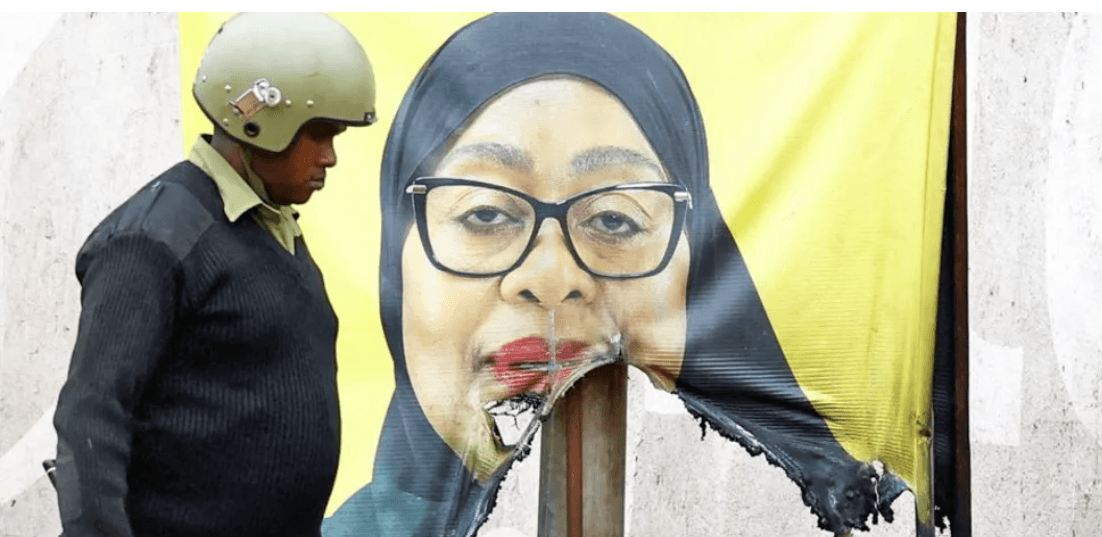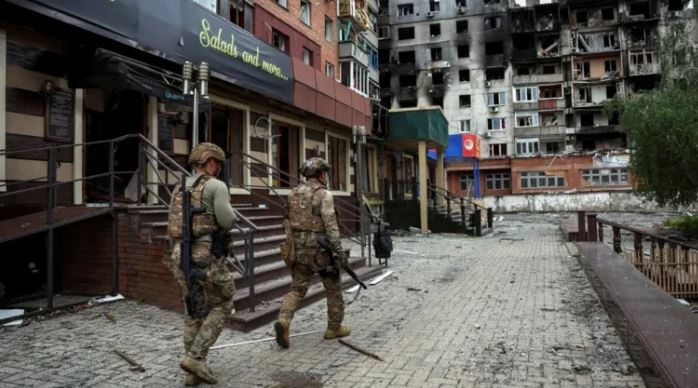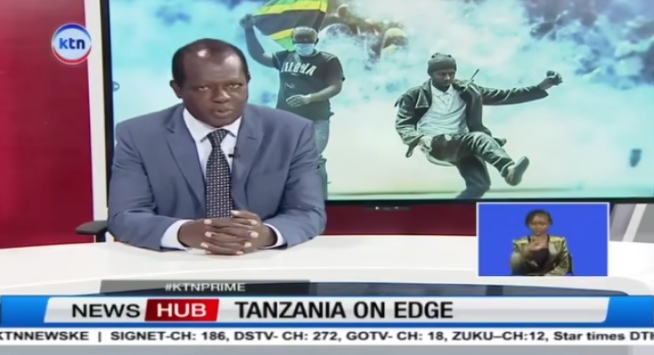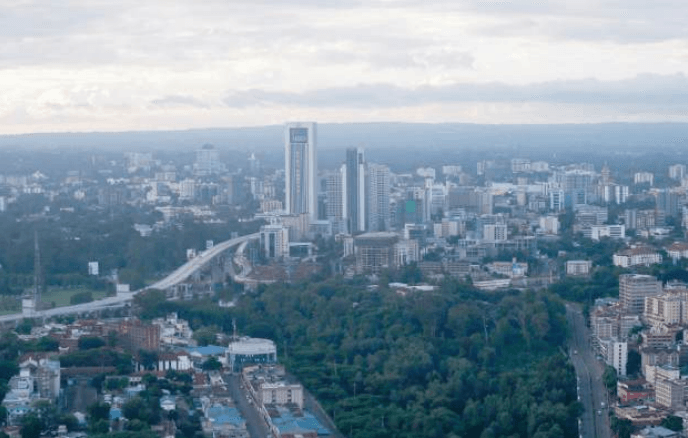Peace-building efforts in the country must be supported by all stakeholders, including the government because it is one way of ensuring economic growth.
Search for Common Ground team leader Judy Kimamu on Thursday said funding peacebuilding is a basic principle for any nation to rise up and to develop, which should be embraced by especially governments.
She said apart from economic growth, peace-building efforts enhance the fight against climate change and improve education and health across the country.
“Funding for peacebuilding is important even for Kenya, Somalia and Ethiopia. Because it helps the people at the grassroots level gain an understanding about peace and other factors such as economy,” she said.
She noted that peace efforts translate to economic growth even for the youth who are involved in the efforts directly.
“When we fund peace-building we are supporting women and youth who are empowered in the process,” Kimamu, who is in charge of Kenya, Somalia, and Ethiopia, said.
She said a socio-economic survey they did to establish the impact of their Inuka project on the youth revealed that for every one dollar (Sh152) they injected into the youth, the work the youth did generate between five (Sh761) and 10 (Sh1,522) dollars in the country.
“The impact can be tracked. We worked with a university in the US that understands social science. We have seen if you give a young people’s group one dollar (Sh152), you generate five (Sh761) to 10 (Sh1,522) dollars. Imagine if you give them a million dollars (Sh152 million)?” she said.
In the last elections, SFG worked with over 56 NGOs which got more than Sh40 million to ensure there is peace before, during, and after the elections in a program called Inuka project.
“The biggest challenge that we have is to sustain this work that we are doing. And that is why I’m making a call that funding peacebuilding is providing money for organizations that do not have access to big grants,” Kimamu said.
She said the funding portfolio needs to be very intentional to achieve certain desired results.
The UN, in a recent report, noted many of the youth who work in peacebuilding projects are volunteers, who do not have salaries of funding.
The youth, the report said, get a paltry $10,000 (about Sh1.5 million) a year.
“So largely, we have a very big team of peacebuilders but they do not have resources. And that is why the call is peace-building support is peacebuilding to this community groups,” Kimamu said.
She said all that is needed is consistent funding and a flow of support because, she noted, youth have ideas but may not know how to put them down in writing in the form of proposals.
Kimamu noted that in most cases, the youth at the grassroots have better access to the community they live in but are the ones that are mostly left out by big organizations and the funds do not reach them.
Josephat Agwenge, the Mombasa County Boda Boda Association general secretary, said that pre-2019 there was no love lost between the boda boda operators and the security apparatus.
This made the boda boda riders fear security officers, taking off whenever they saw them, even without having done anything wrong.
“This is because many people came into the industry as their only way out after failing to secure jobs. So we had many riders, many of whom did not have prerequisite licenses and even training,” Agwenge said.
This made the industry a soft den of criminals who posed as riders to camouflage themselves.
“We saw the police as our enemies. Until SFG came and put us together for dialogue, that is when we started having cohesion. We understood them and they understood us,” Agwenge said.
He said today, they carry police officers even for free because of the rapport they have created with them.
“Before, we could not carry police police officers. We thought they would turn on us after reaching their destinations which was almost always the case,” he said.
He said after the meetings with the police and other security apparatus, the boda boda riders were now a changed lot and started conducting themselves professionally.
They organized themselves into associations and Saccos and carried out elections to choose leadership.
Agwenge said even the police now give a listening ear to boda boda riders.
“We have even become crucial sources of information for them. We work 24 hours a day so we know who comes into the estate and who goes out at what time,” he said.
Michael Baya, a photographer and blogger, said he received a boost from SFG after one of his photos went viral just before election day last year.
He had been using mascots to spread peace and love messages.
“I had dressed two mascots in UDA and Azimio colors and made them walk together holding hands. I wanted to show that politics is not always that serious and politicians are friends who drink tea together behind the scenes,” Baya said.
Since then, he has been using mascots to spread peace messages through other ideas for a longer period.


